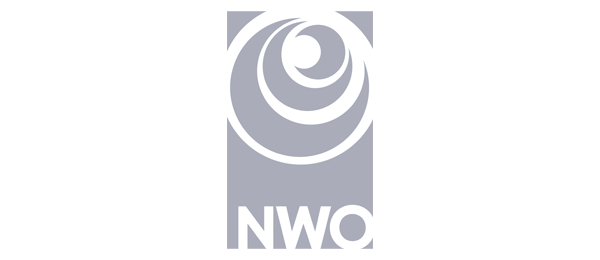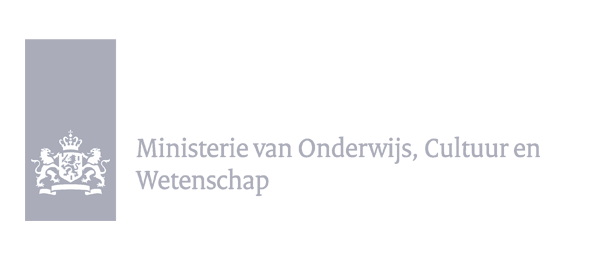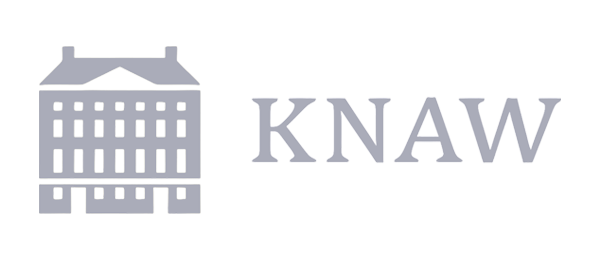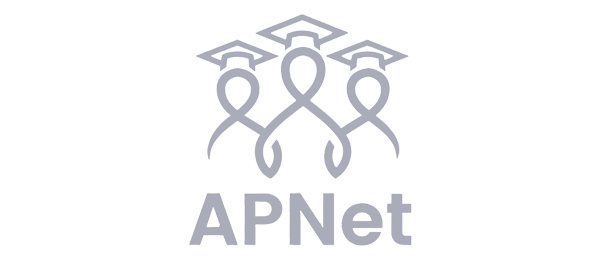How to get started in the Netherlands: Practical Essentials
There are a few crucial things you must do right away after accepting your job or obtaining your funding. The websites listed below provide general information for expats, so you can start by looking them over:
- IamExpat; https://www.iamexpat.nl
A well-known website with information on jobs, housing, news, lifestyle advice, healthcare, education, and Dutch culture.
One of the biggest online resources for foreigners, covering everything from housing and visas to dating and raising a family in the Netherlands.
- ExpatGuide; https://www.expatguide.nl
This website, which was made by a group of foreigners for foreigners, offers helpful advice on integrating into Dutch society, housing, and bureaucracy.
Accommodation
Due to high rents and potential competition brought on by the housing shortage, finding a place to live in the Netherlands is typically the most difficult task. To begin, navigate through the following links:
- Services for university housing; Put “name of your institute” and “housing for international staff” into your search engine. The majority of universities have a website specifically designed to assist foreign employees in finding housing.
- Platforms for rentals:
- Pararius; https://www.pararius.com/english
- Funda; https://www.funda.nl
- ExpatHousingNetwork; https://www.expathousingnetwork.nl
- Social media: Post about the house you want and your budget in Facebook groups and expat forums for the city you are interested in.
Preventing Rental Fraud/Scams
Unfortunately, rental scams do exist, so you should exercise extreme caution when signing housing agreements! The following advice will help you stay safe:
- Prior to seeing the property in person or through a reputable platform, never send money
- Deals that look too good to be true should be avoided, especially when they are in prime locations and offer unusually low prices
- Use trusted platforms (like those listed above) and avoid listings on unverified social media pages
- Verify whether the agency or landlord has a Dutch Chamber of Commerce (KvK) registration
- Passport scans and bank account information are examples of sensitive personal information that should not be shared until the rental’s legitimacy has been confirmed.
- Request and carefully read a written rental agreement. Tenants are protected by Dutch rental law, so be sure your rights are upheld
- You can always seek advice from the housing service or international office at your university if you have any questions about a listing
BSN (Citizen Service Number)
One of the most crucial documents you will need when you move to the Netherlands is the Burgerservicenummer (BSN). To obtain your BSN, you must register with your local municipality (Gemeente). This number is necessary for:
- Signing your contract
- Creating a bank account
- Accessing healthcare
Additional details about the BSN are available at: https://www.government.nl/topics/personal-data/citizen-service-number-bsn
Bank Account
You will require a Dutch bank account in order to receive your salary and handle your daily expenses. The majority of banks need:
- A valid passport
- A proof of your address
- Your BSN
ING, ABN AMRO, and Rabobank are well-known banks. By scanning your passport and a few other documents, you can create a new bank account from your mobile device using some of these banks’ fully automated systems.
Health Insurance
In the Netherlands, health insurance is required. After registering, you have four months to obtain Dutch basic health insurance. You could be fined if you don’t. Additional information is available at: https://www.government.nl/topics/health-insurance
Depending on your needs, there are numerous healthcare insurance providers. The following websites allow you to compare companies:
You may be eligible for a healthcare insurance allowance (Zorgtoeslag) based on your bruto salary. Additional information is available at: https://www.government.nl/topics/health-insurance/applying-for-healthcare-benefit
Childcare
Depending on the needs of your family and the age of your child, the Dutch childcare system (kinderopvang) provides a number of options:
- Kindergarten (Kinderdagverblijf): Available full-time or part-time for kids ages 0 to 4.
- For kids ages 4 to 12, after-school care (BSO) is offered before and after school as well as on holidays.
- Gastouderopvang, the host parents: Home-based childcare that is frequently more flexible.
- Au pairs and nannies: Options for private care that are frequently bilingual or foreign.
To assist with childcare expenses, the Dutch government provides financial assistance (Kinderopvangtoeslag). To be eligible, you have to:
- Be working or studying
- Make use of a licensed childcare provider.
- Apply via https://www.belastingdienst.nl/wps/wcm/connect/nl/kinderopvangtoeslag/kinderopvangtoeslag
You can use this website to find childcare benefits and facilities: https://www.government.nl/topics/childcare
The culture of biking
The Dutch and almost all foreign visitors to the Netherlands are avid cyclists! It will be your first cultural shock if you are traveling from a place where bikes are not very popular. Despite the Netherlands’ excellent transportation system, riding a bike to work makes your daily life easier, healthier, and more environmentally friendly.
This link will direct you to websites that offer bike lessons if you’re new to riding, want to gain experience and confidence, or want to learn the rules: https://www.iamexpat.nl/lifestyle/lifestyle-news/cycling-lessons-expats-netherlands















